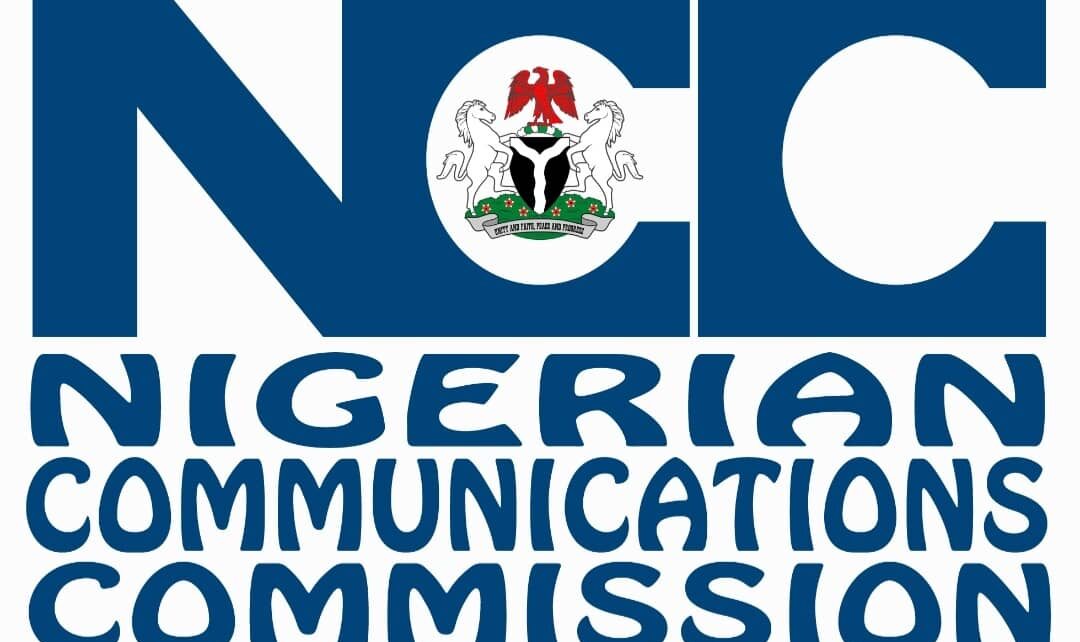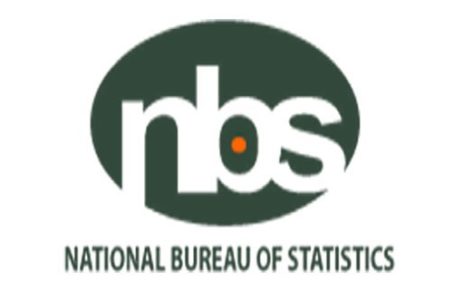The Federal Government has approved a review of the NCC Act 2003 to streamline Nigerian Communications Commission’s (NCC’s) regulatory roles in line with the Information Technology policy development and avoid overlapping of its functions with those of the National Information Technology Development Agency (NITDA).
The approval may not be unconnected with recent disagreements between NCC and NITDA as they related to industry regulations.
The Executive Vice Chairman of NCC, Prof. Umar Danbatta, who confirmed the review of the NCC Act 2003, hinted that the commission had completed the first and second drafts of the review and submitted them to the Minister of Communications, Innovation and Digital Economy, Dr. Bosun Tijani, for further action.
Specifically, the review of the telecom industry regulatory commission’s enabling law is aimed at resolving conflicts and overlaps in roles between NCC and NITDA to ensure they can coexist smoothly without role-related friction.
According to the EVC, the final draft of the NCC Act, which is currently under review due to the proposed NITDA Bill, which aims to transform NITDA from a development agency into a regulatory agency for Information Technology Systems and Practices, will be released soon.
The NCC Act 2003, signed into law in 2003, grants regulatory authority to the NCC in overseeing the Nigerian communications industry and implementing telecommunications policy.
Industry analysts believe that the proposed NITDA Bill, if passed by the National Assembly and finally signed by the President, will create potential overlap with the existing regulator, leading to the need for clarifications and adjustments in roles and responsibilities.
Apparently concerned about the potential for regulatory conflicts between NCC and NITDA, industry stakeholders have expressed their opposition to the provisions of the NITDA Bill and urged the National Assembly to abandon it, as they believed it didn’t align with their interests.
Industry stakeholders were also dissatisfied with the proposed NITDA Bill, claiming that their inputs and interests were not considered in the draft bill.
For instance, the immediate past President of the Nigeria Computer Society (NCS), Prof. Adesina Sodiya, urged the National Assembly to discontinue the deliberation on the bill, alleging that the provisions did not reflect the contributions made by industry stakeholders during a NITDA-organized stakeholders’ meeting.
Similarly, the Chairman of the Association of Licensed Telecommunications Operators of Nigeria (ALTON), Engr.Gbenga Adebayo, maintained that the NITDA Bill, if enacted, could have disruptive impact on the telecoms sector, which has been a major contributor to Nigeria’s GDP growth and broadband penetration.
He, therefore, called for immediate review of the NCC Act to clearly establish NCC as the sole telecoms industry regulator, in view of its significant roles in fostering the growth of the industry and the Nigerian economy.
Despite passing through the first and second readings in the Joint Committee of the Senate and House of Representatives on ICT and Cyber Security, former President Muhammadu Buhari did not sign the Bill before he left office on May 29, 2023.



